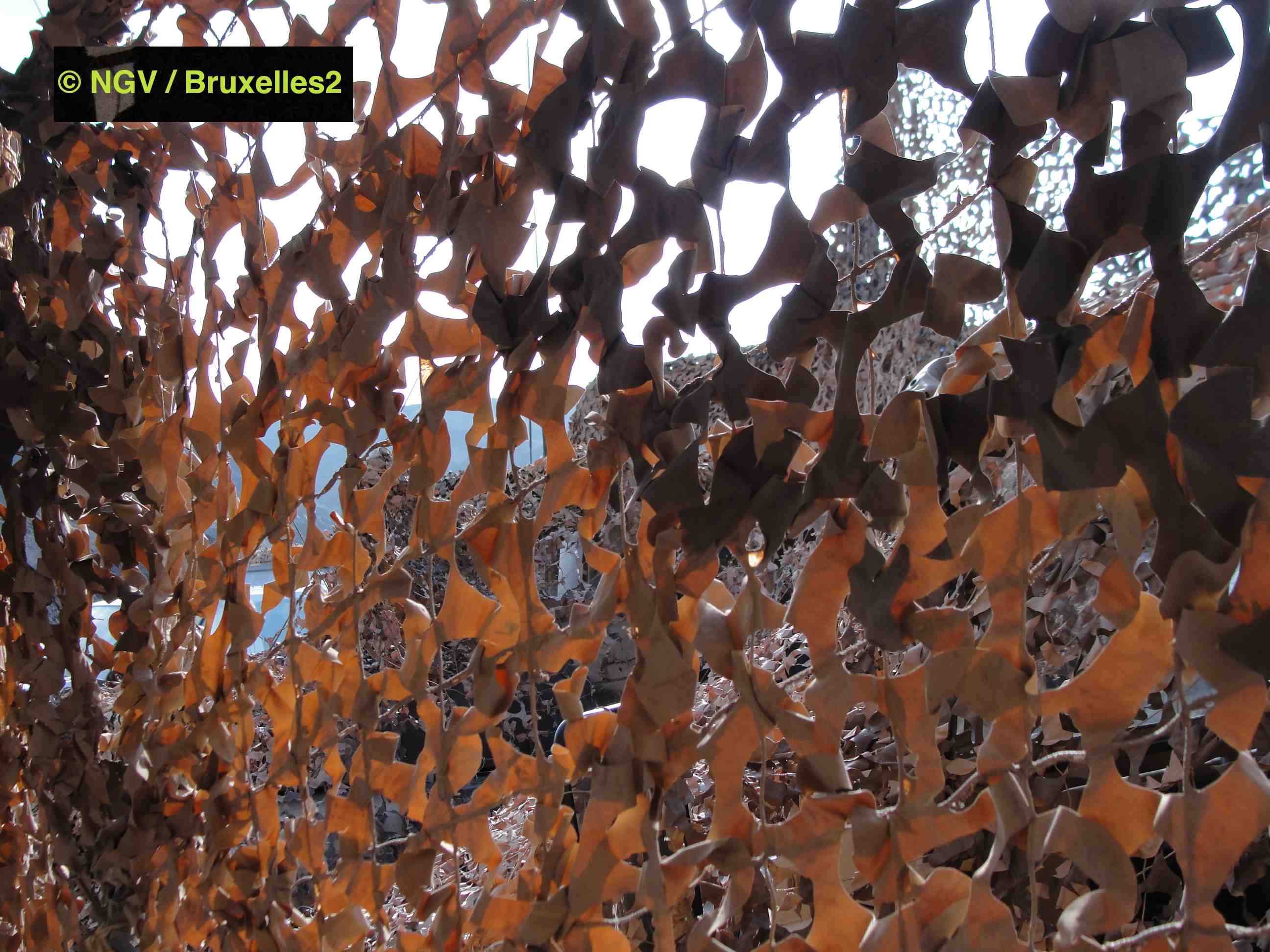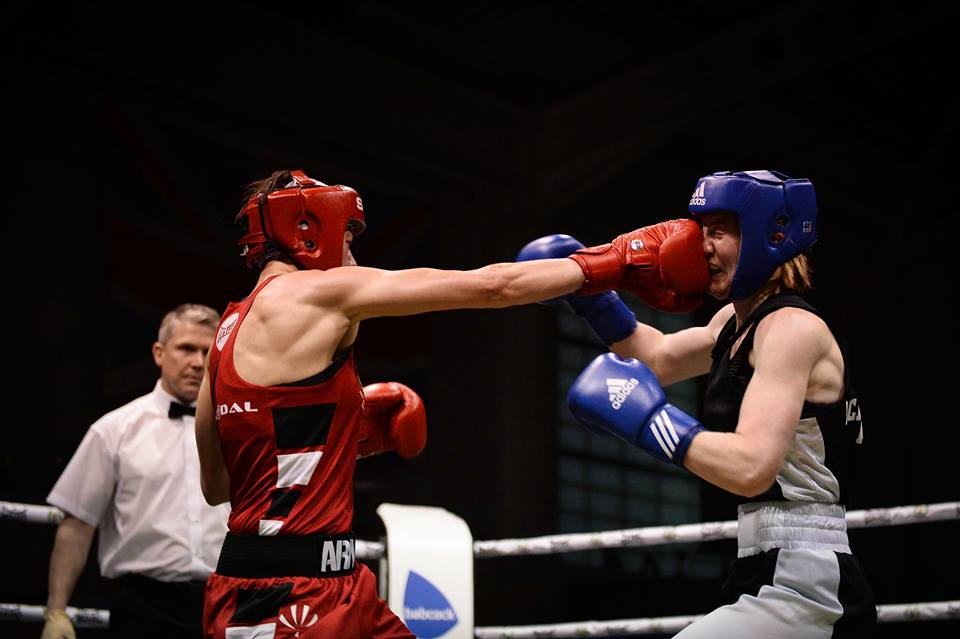French bases in Africa Europeanized? (shift)

(BRUSSELS2 to Abidjan) Piracy for Djibouti, dismissal of the president in the Central African Republic, political crisis in Côte d'Ivoire, rebel advances in Mali... the events of the last few months have proven the usefulness of prepositioned military units either to come to the aid of United Nations forces, either to ensure the stability of a country or to fight against a particular threat.
The network of different French bases (see below) in Africa has particularly proven its usefulness in the past, but especially recently. It is a fact attested by all observers such as senior French officers, the Serval force in Mali could not have been triggered so quickly and effectively without the forces prepositioned in Côte Ivoire, Senegal, Chad or Gabon. But it is important today to preserve its tool ... at a time of general restrictions.
An undeniable contribution to operations and knowledge of the continent
Having visited three of these bases, and noted their practical contribution in certain operations – whether evacuation or deployment of French or European operations (EUFOR Tchad for example), their contribution is indeed indisputable. To the operational notions of prepositioning of forces, very present in mind, I will add one which is training, acclimatization to the climate, to the spirit, to the customs of African countries. This makes it all the more easy to take quick action when needed.
Can France support the effort alone?
But we must also wonder about the future. Two questions arise. On the one hand, budgetary restrictions which may lead to a review of the system. On the other hand, political legitimacy. A problem that should not be overlooked. If today the African countries are rather demanding, their sustainability is not guaranteed. As explained by a senior French officer, an old hand in Africa, “its presence will only be legitimate if backed by regional (African) structures. These are not the evacuations of French nationals” who can justify it in the eyes of Africans.
Budgetary and political equation
We are faced with this equation: maintaining them seems essential, but France no longer has the means to do so on its own. We could therefore wonder whether we should not give them a European flavor. It is done, today, in an ad hoc way when a base welcomes Europeans deployed on mission (for example for the base of Port Bouet which has just welcomed the Belgian C130s). But this “European” color could be more permanent. This would have several advantages.
The double interest of Europeanization
At the political level, they are multiple, and in both directions. This would mark its presence for Europe, as for France, that it is not only a question of a historical presence but of privileged partnership links.
At the tactical level, this would allow different contingents to come and “feel” the African terrain, at lower cost, to train in different places, to allow them to acclimatise, a bit like French units do. This would also allow better interoperability in external terrain for European forces which are increasingly called upon to deploy in Africa (*).
Concretely...
Everyone can want to keep their autonomy. But it is easier on certain rights of way to dedicate a European building or sector. Thus the other European countries do not want to be "mixed up" in specifically French operations and the French will be able to keep their discretionary margin of action discreet. The association of the other European countries can be done at the level of the 27 but probably more easily with a few countries, if necessary by resorting to an ad hoc structure, such as the EATC. This opening could also be used to store materials or equipment.
A financial contribution for the maintenance of the bases could thus be requested. Even if you don't have to dream. Each State tightens its resources as closely as possible. But, at the same time, one can wonder, for example, why German or Spanish soldiers (for air support) are housed almost permanently in the hotel in Djibouti (**) where there is a French base which could , if necessary, dedicate a building to the reception of the various Europeans who serve in the various anti-piracy (CTF-465) or anti-terrorist (CTF-150) operations.
The French network,
At European level, France has an unequaled network of bases. Between overseas departments and territories (Reunion, Martinique, Guyana, Polynesia) and bases in third countries: United Arab Emirates and Djibouti, on the Indian Ocean and the eastern seaboard of Africa; Gabon, Senegal, Côte d'Ivoire on the West side of Africa and Chad in the center - real " desert aircraft carrier as one officer calls it — it has a structure that allows it to intervene on three continents. " It is very interesting for the leaders of the countries to have such bases allowing them to intervene” underlines a senior officer stationed in Djibouti. But France is not the only one to have "interesting" areas of influence: the islands of the Netherlands Antilles facing Venezuela, like the British military bases in Cyprus facing the Middle East, can also be interesting operational vectors, one day ...
(*) The European Union today has Defense Europe missions, military or civilian, present in seven countries, soon to be ten. From east to west: Djibouti-Seychelles-Kenya (EUNAVFOR Atalanta and EUCAP Nestor), Uganda-Somalia (EUTM Somalia), South Sudan (EUAVSEC), Libya (EUBAM), Niger (EUCAP Niger), Mali ( EUTM Somalia), Congo (EUSEC and EUPOL Congo). (**) If the Germans have chosen a reasonably comfortable hotel (the Sheraton), the Spaniards until recently were housed in the Kempinski, the luxury hotel in the city. One can really wonder if savings could not be made! (Update) Let us add that the Italians and Swedes stay in the same hotel. NB: from a Spanish source, it is specified that the negotiation of a preferential rate with the hotel results in a lower cost price than that of the hotel chosen by their German counterparts. Notice to competition 😉
